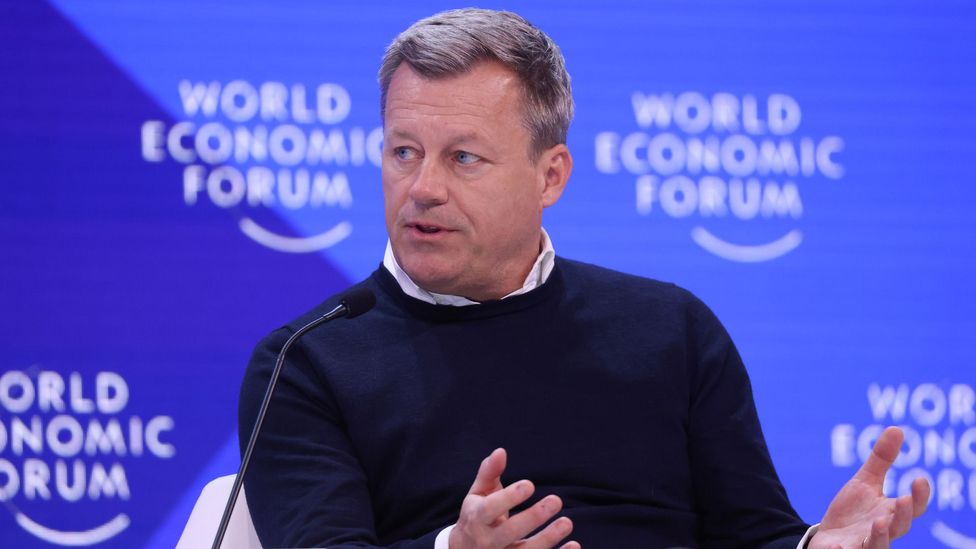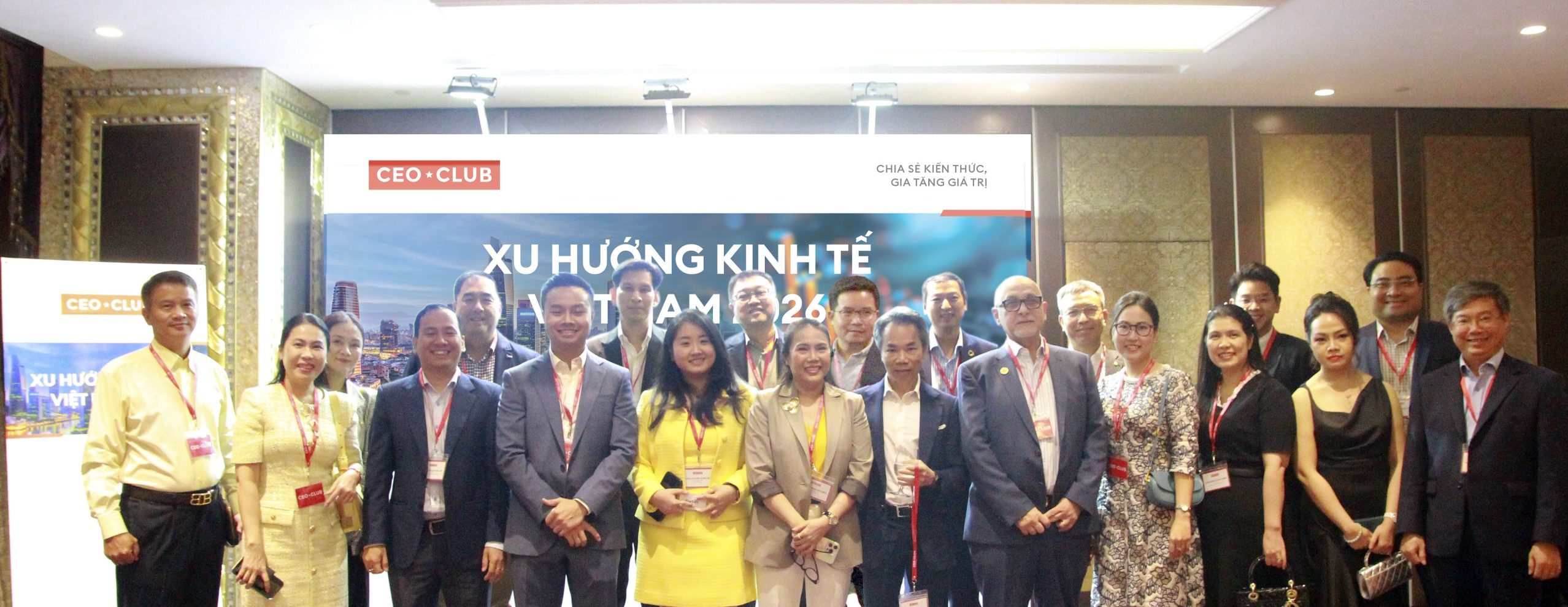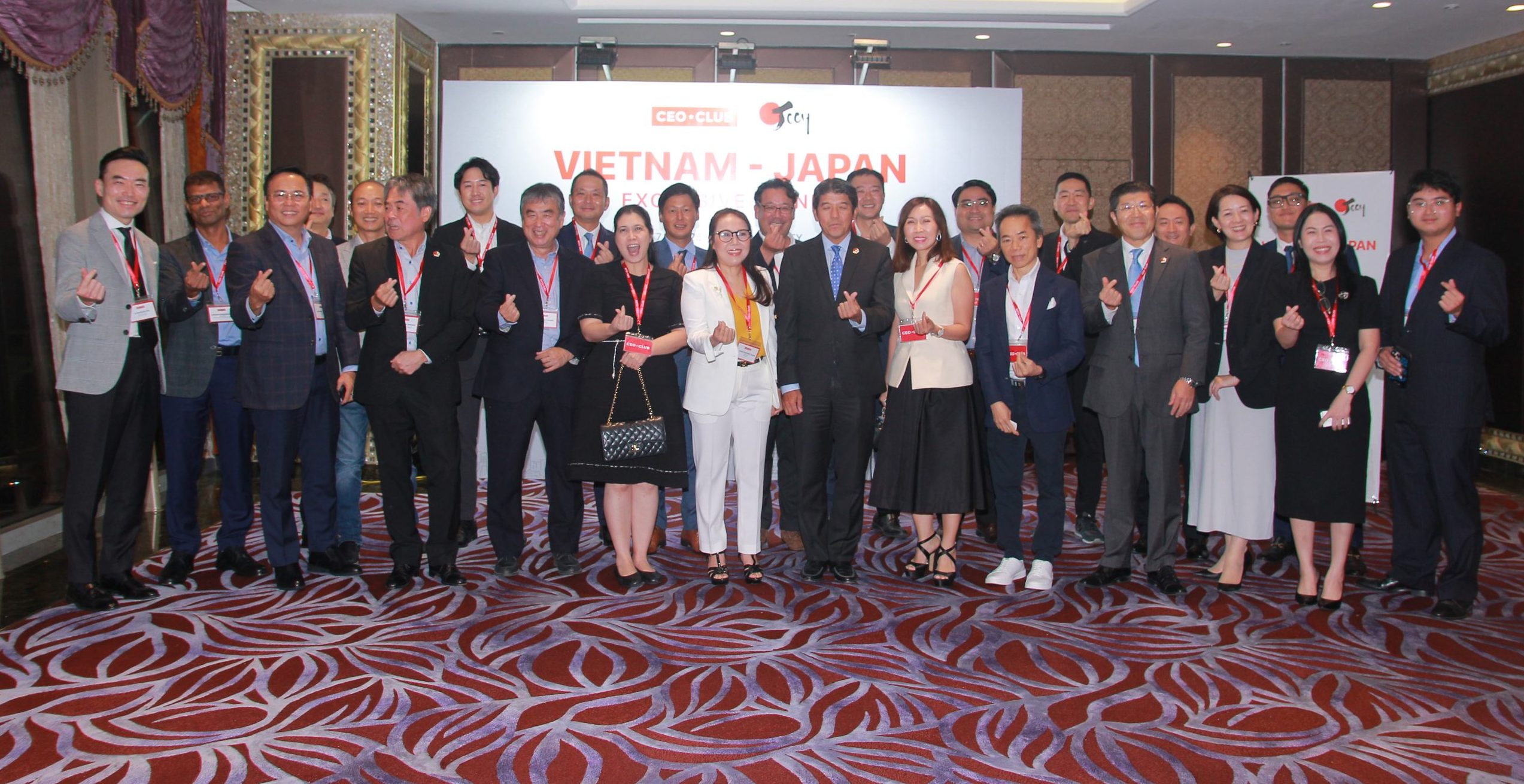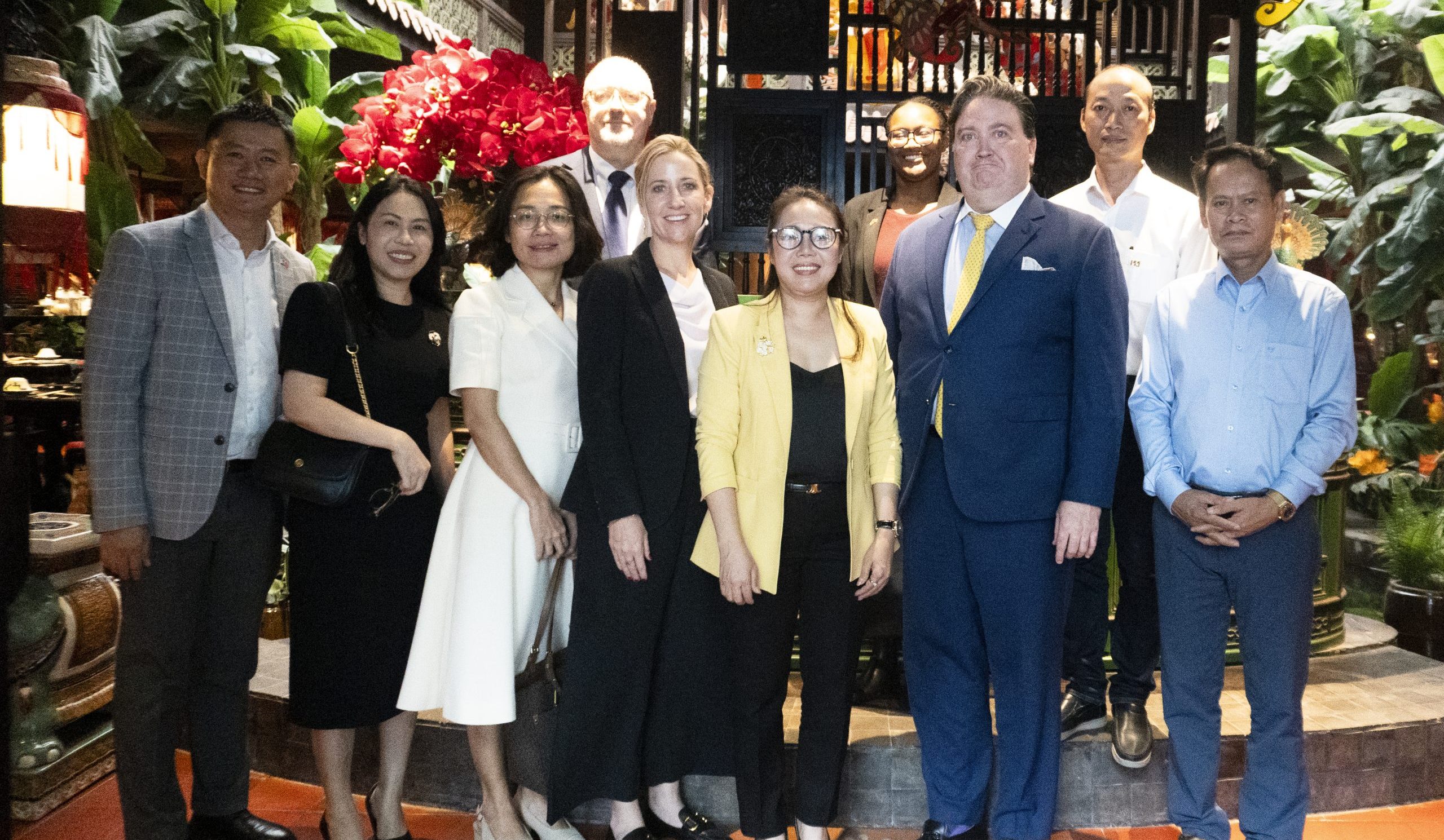Instead of just responding to the business effects of climate change, leaders at this year’s World Economic Forum are discussing creating a proactive positive impact.
From lethal heat waves to city-stopping floods, the harms of climate change are becoming increasingly clear around the world. So, too, is whom the public holds responsible: industries and corporations.
In the US, for example, 52% of respondents to an October 2023 Pew Research Center survey said they believe large businesses and corporations can do “a lot” to reduce the effects of climate change, and 55% said the same of the energy industry. Just 27% responded that individual Americans had the same power.
Meanwhile, an increasing number of business leaders are seeing the effects of extreme weather events on their bottom line. In a 2022 Deloitte survey, 97% of global executives said their companies already have experienced negative consequences of climate change, such as disruptions to their supply chains.
To be successful both now and in the future, say many experts, businesses need to reform their practices to be less vulnerable to the increasing risks posed by climate change.
It’s little wonder, then, that the topic of resilience has dominated climate discussions at 2024’s World Economic Forum’s Annual Meeting in Davos, Switzerland.
“We know that the growth that we’ve experienced over the years has been powered with an overconsumption of Earth’s finite resources,” said Gim Huay Neo, managing director of World Economic Forum Geneva, while chairing a Davos panel on 17 January. “The big question that companies have to navigate is, can they continue to grow, can they continue to generate profits, while cutting emissions and stopping depleting natural resources?”
To do that, she said, “We have to build new economic models, new businesses and possibly new lifestyles or humanity that are just as good, or even better, than what we have today.”

Jesper Brodin, chief executive officer of Ingka Holding BV at WEF 2024 (Credit: Getty Images)
Some experts refer to the approach as “regeneration”: rethinking and reinventing everything from business models to supply chains, as opposed to tweaking around the edges to mitigate, instead of prevent, risk. Regeneration creates a positive impact, instead of merely avoiding a negative impact, says Richard Forrest, global head of sustainability at Kearney, which published a recent report on the regenerative approach of businesses.
One leader in this approach has been Patagonia, says Forrest. Rather than just trying to, say, minimise the amount of cotton it buys for its clothes, for example, the cotton it uses for its products has either been recycled or is grown using regenerative organic practices, such as improving soil yields by planting different kinds of crops together, reducing the amount of tilling and re-using waste as compost.
Indeed, the consumer goods industry, in general, is getting closer to a regenerative approach than many other industries, says Forrest. Some of that is thanks to increasing government regulations, such as the EU’s proposed Corporate Sustainability Due Diligence Directive. And some is down to the shift in consumer expectations.
“If you surveyed consumers 10, 15 years ago, you got less than 1% that really were interested in sustainable products or even understood it. And even less than that were willing to pay a premium for it,” he says. “Today, the number of people, the awareness, the acceptability, of comparing and choosing sustainable over non-sustainable is there. There’s been a seismic shift in consumer expectations of the products they buy and the services they buy.”
We have to build new economic models, new businesses and possibly new lifestyles or humanity that are just as good, or even better, than what we have today – Gim Huay Neo
That means consumer goods companies are “shifting for good business reasons as much as they’re shifting because it’s the right thing to do”, he says.
Of course, even getting companies to the stage of resilience – never mind regeneration – is a challenge.
“When we did a survey, we found that only 16% of global leaders feel their organisations are prepared in terms of resilience,” Bob Sternfels, global managing partner at McKinsey & Company US, said at Davos. That’s even though, he said, McKinsey researchers have found that if countries, enterprises and individuals are not resilient, it can cost up to 8% of GDP – “a massive, massive number”. If they embrace resilience, on the other hand, “we can add up to 15% to global GDP”.
Still, the appetite for change is there – and seems to only be growing. That’s not least of all, say some leaders, because there’s no good alternative.
As Jesper Brodin, co-chair for the World Economic Forum Alliance of CEO Climate Leaders and chief executive officer of the Ingka Group (Ikea), said at a Davos panel on 17 January. “I start with the rationale, ‘How could it be possible to build a future business model on depletion of [natural] resources?’ It’s simply the absolute worst idea.
“That doesn’t mean that the transition and transformation is easy,” he added. “But I do believe that all of us need to go through a massive transformation.”
Amanda Ruggeri (Source: bbc.com)


